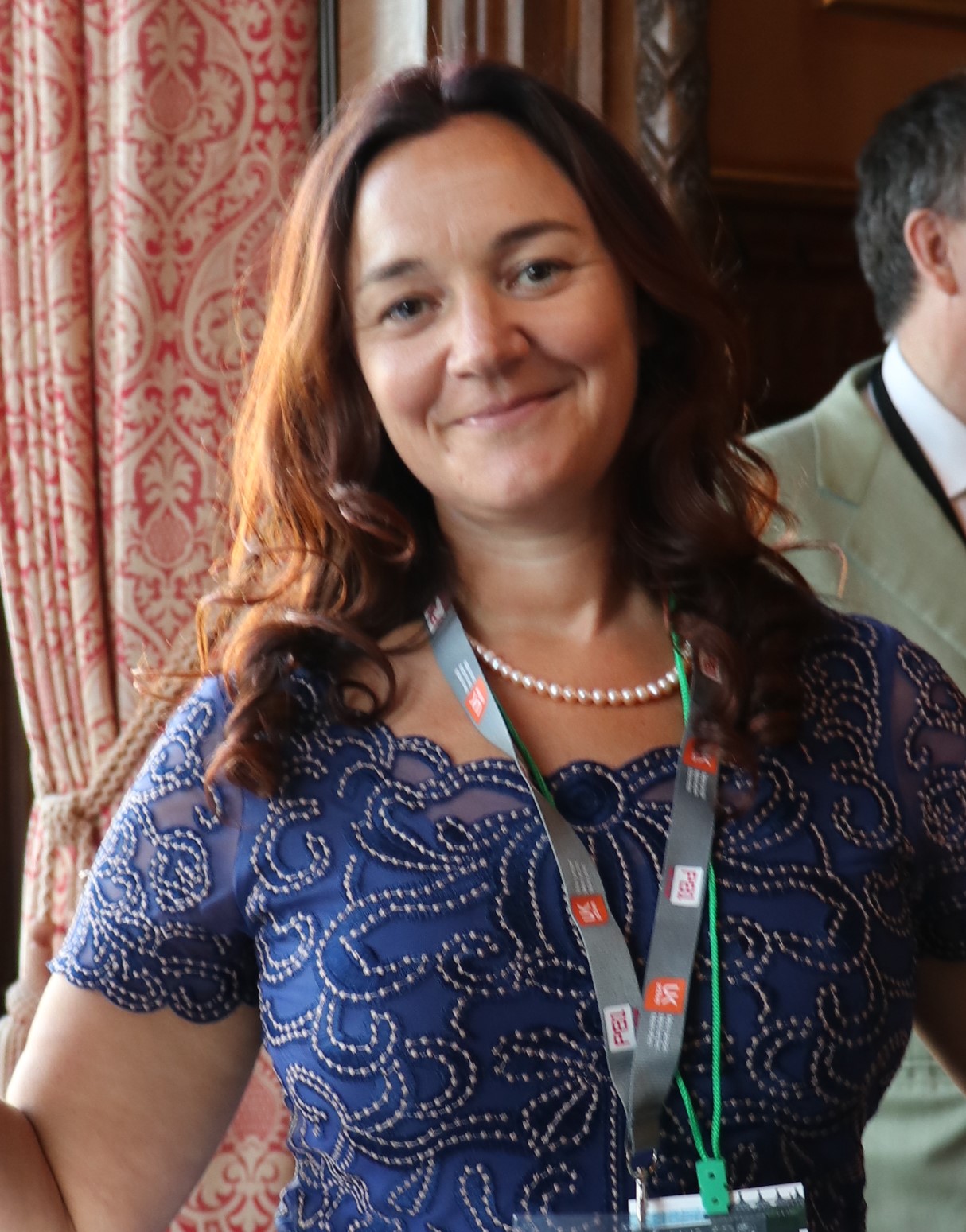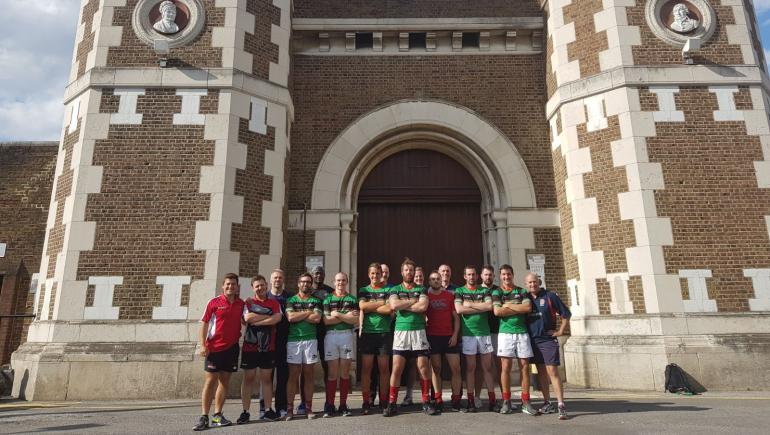The use of sport as an effective rehabilitation tool in prisons is undergoing an "exciting sea change", according to leading researcher and author Professor Rosie Meek.
Rosie, who is Professor of Psychology at Royal Holloway, University of London, is co-author of the forthcoming Review of Sport in Criminal Justice – a major Ministry of Justice-commissioned report into the use of sport in prisons and community settings and its impact on offending and re-offending.
 Rosie (left) will be a keynote speaker at the UK Sport Development Network (UKSDN) Conference at University Centre Hartpury in Gloucester on July 2-3 and will share with delegates the benefit of over a decade's experience as the country's leading researcher into this subject area.
Rosie (left) will be a keynote speaker at the UK Sport Development Network (UKSDN) Conference at University Centre Hartpury in Gloucester on July 2-3 and will share with delegates the benefit of over a decade's experience as the country's leading researcher into this subject area.
"I'm very optimistic about how sport is being embraced in prisons," she told ConnectSport. "I've seen what I'd call a sea change over the last few years with prisons, criminal justice generally and particularly the Ministry of Justice really recognising its value.
"A few years ago that was simply not the case. Sport was seen as a 'nice to have'; we had a few neat anecdotes about its benefits and that was about it."
Programmes such as those run by 3 Pillars Project, Saracens Foundation, parkrun, Leeds Rhinos Foundation and Air Sports Network are leading examples of external organisations using sport to positively impact upon the behaviour and lifestyles of offenders in prisons.
EVIDENCE
"Austerity measures have given rise to the voluntary sector and sports bodies becoming much more active in this space and has made Government and others recognise they have a lot to give which can't be provided by the public sector," said Rosie.
"Recent years have simply seen an accumulation of evidence of things working well, a build-up of a real bank of research which shows what sorts of initiatives really work."
Rosie has been instrumental in building that volume of research, but she is also very active in the delivery of programmes that have been informed by her studies.
"That has long been my passion and priority. I think too much research is done for the sake of it and gathers dust on a shelf. Fortunately for me, in higher education and the research frameworks that we operate in, the impact of research has become much more valued, and we're increasingly expected to demonstrate the societal impact of our research, which I think is right.
"I try to bring the classroom out into these programmes, for example by taking my students out to observe, engage and help deliver initiatives, rather than having academic activities separate from the tangible delivery."
IMPORTANT
Rosie chairs the Alliance of Sport for the Desistance of Crime's Positive Action Group on research and evidence and regularly engages with policy-makers. She has been invited to give evidence to a Select Committee at the House of Commons in early July. "Things like that are really important to me in giving my research value, rather than it happening in a vacuum," she commented.
Delegates who attend Rosie's keynote at the UKSDN Conference can expect a broad overview of her expertise in this area, but also to be inspired and challenged to fill the gaps of what we don't yet know. "It will be exciting to respond to some of those questions collectively," Rosie said.
"We have reached a point where we have a Theory of Change as a guide for practitioners, an emerging body of research and a sector that's really willing to engage - it's very rare these days to speak to a sports-based body that doesn’t want to do something in criminal justice. That's a wonderful position to be in and now it's something we need to harness together."
Read the UK SDN Conference 2018 programme
Follow all the latest information @UKSDN2018 and link with the wider network on the Network’s main network Twitter feed @UKSDN.
To book your tickets click here >>
(Main pic: 3 Pillars Project)












